History repeats itself: Turkey seeks closure of a pro-Kurdish party - yet again
Turkey seeks the closure of the pro-Kurdish HDP on the grounds that its members "aim to destroy and eliminate the indivisible integrity of the state with its nation." The HDP is the seventh pro-Kurdish party to enter Turkish Parliament, born from the ashes of the parties shut down before it.
Neşe İdil / Duvar English
"Insanity is doing the same thing over and over again and expecting different results."
March 17 was a chaotic day in Turkey. Pro-Kurdish Peoples' Democratic Party (HDP) deputy Ömer Faruk Gergerlioğlu was stripped of his status as a member of parliament because of a social media post at midday and a Turkish state prosecutor filed a case with the Constitutional Court for the party's closure shortly after.
According to prosecutor Bekir Şahin, who was appointed to his post by President Recep Tayyip Erdoğan despite ranking fourth out of five candidates in the elections held at the Court of Cassation, HDP members "aim to destroy and eliminate the indivisible integrity of the state with its nation" via acting as an extension of the Kurdistan Workers' Party (PKK) and "the terrorist groups linked to it" in parliament. The prosecutor also claimed that the deputies "acted in a way that contradicted the rules of democratic and universal law" and sought a political ban on more than 600 HDP members.
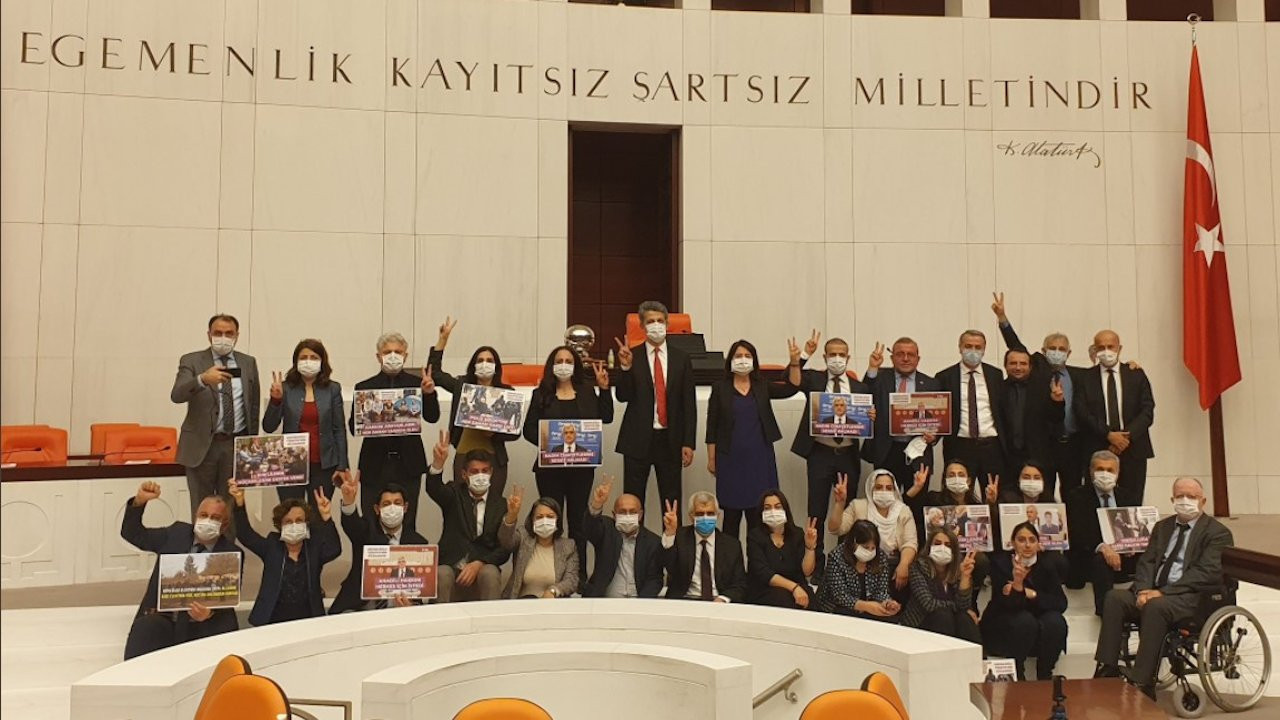
The HDP - the third-largest party in parliament that received some six million votes - has been under immense pressure ever since the ruling Justice and Development Party (AKP) adopted a more nationalist stance, mainly due to its alliance with the far-right Nationalist Movement Party (MHP).
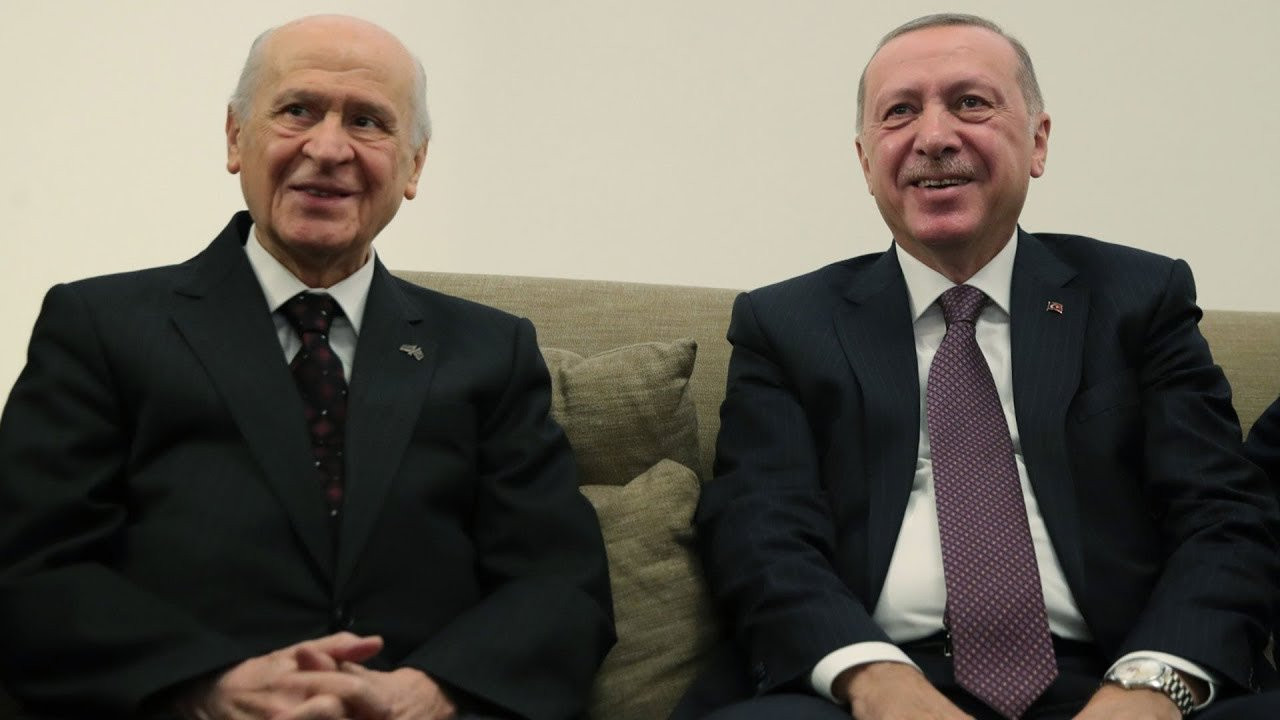
HDP members are often accused of having links to the PKK, accepted as a terrorist organization by Ankara, the United States and the European Union, and scores of them are imprisoned, including former co-chairs Selahattin Demirtaş and Figen Yüksekdağ. The accusations are mainly based on HDP members' Kurdish identities and legal activities, such as speeches in parliament.
The recent debate on the HDP's closure began when MHP leader Devlet Bahçeli, whose party's paramilitaries are frequently involved in violent acts and whose close friend is mafia leader Alaattin Çakıcı, equated it with the PKK and called for it to be shut down. Several reports said that the AKP was against such a move, since its closure was also sought in 2008 in a way that was similar to that experienced by its Islamists predecessors.
The court case of March 17 proved otherwise.
If shut down, the HDP won't be the first pro-Kurdish party in parliament to be removed from the political scene. In fact, it's the seventh one.
HEP enters parliament in 1991
A pro-Kurdish party entered parliament for the first time in 1991 after years of being pushed away from the political scene. The journey of the People's Labor Party (HEP) began some 12 years after the PKK's foundation and six years after the group's first attack.
The first representative of the Kurdish political movement in parliament, HEP was founded on June 7, 1990 under the leadership of Fehmi Işıklar. A total of 22 members of the party, including prominent Kurdish politicians Hatip Dicle, Leyla Zana, Ahmet Türk, Mahmut Alınak, Orhan Doğan and Sırrı Sakık, entered parliament from the ranks of the Social Democratic Populist Party (SHP) in the Oct. 20, 1991 elections.
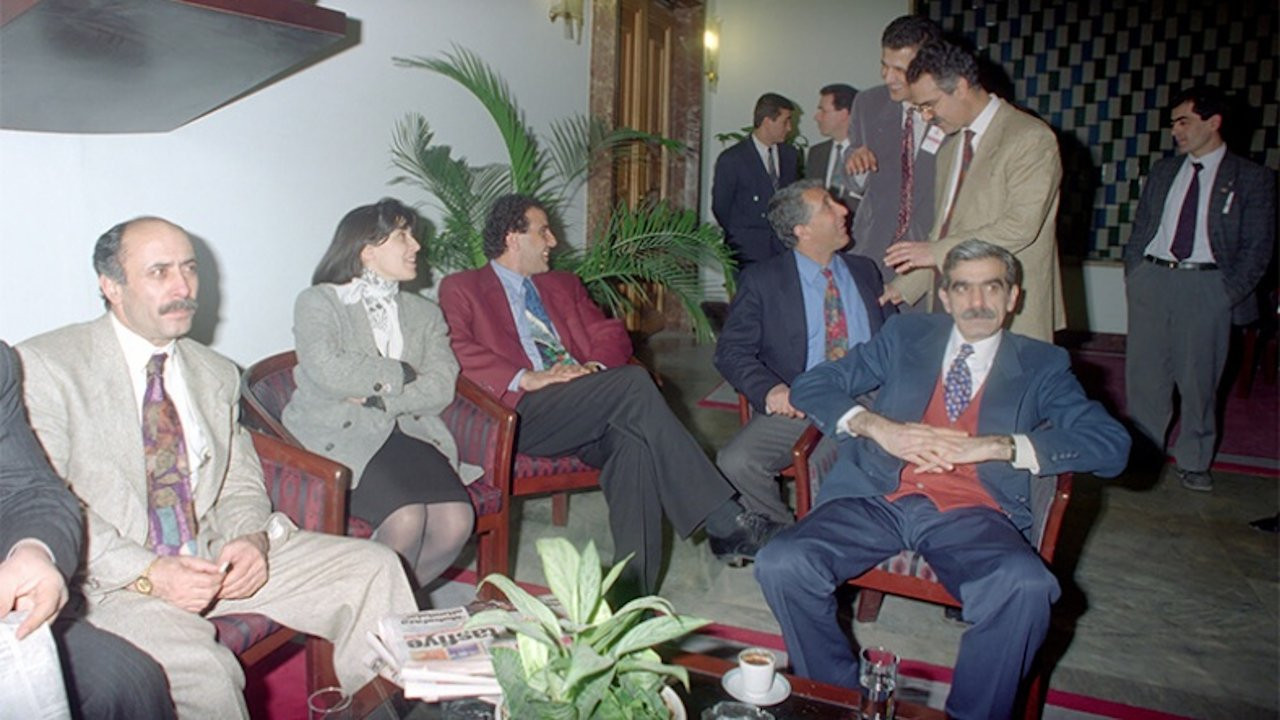
In November of the same year, Zana's decision to finish the parliamentary oath in Kurdish drew backlash from Turkish authorities. The fact that Zana said a sentence in her mother tongue in parliament created a crisis that lasted for many years to come.
HEP deputies left the SHP due to the court cases against their parties and founded the Democracy Party (DEP) on May 7, 1993 under the leadership of Yaşar Kaya. The next year was marred by the lifting of parliamentary immunities, with Orhan Doğan and Hatip Dicle being detained on March 2 immediately after they left parliament. The image of Doğan's detention remains a stain on Turkey.
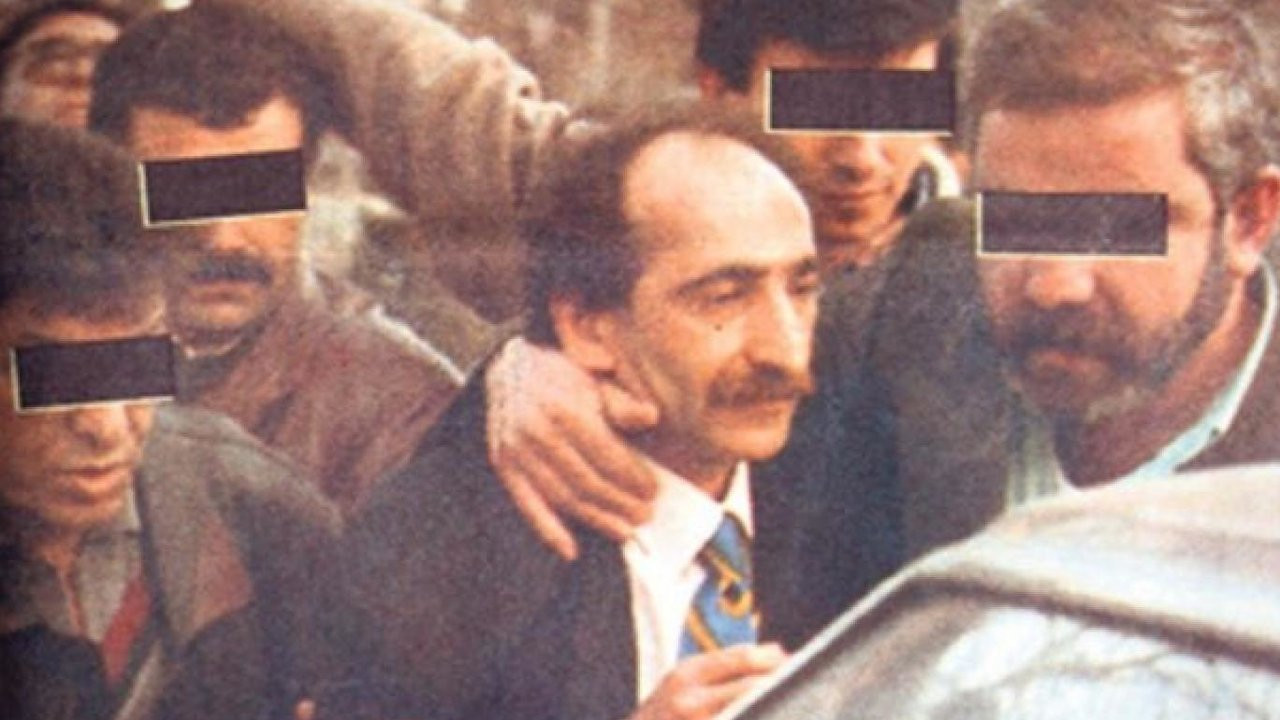
What followed was the arrests of Zana, Alınak, Dicle, Doğan, Türk, Sakık, Sedat Yurttaş and Selim Sadak over "treason and separatism." Several members of the DEP left the country and the Constitutional Court shut the party down on June 16, 1994.
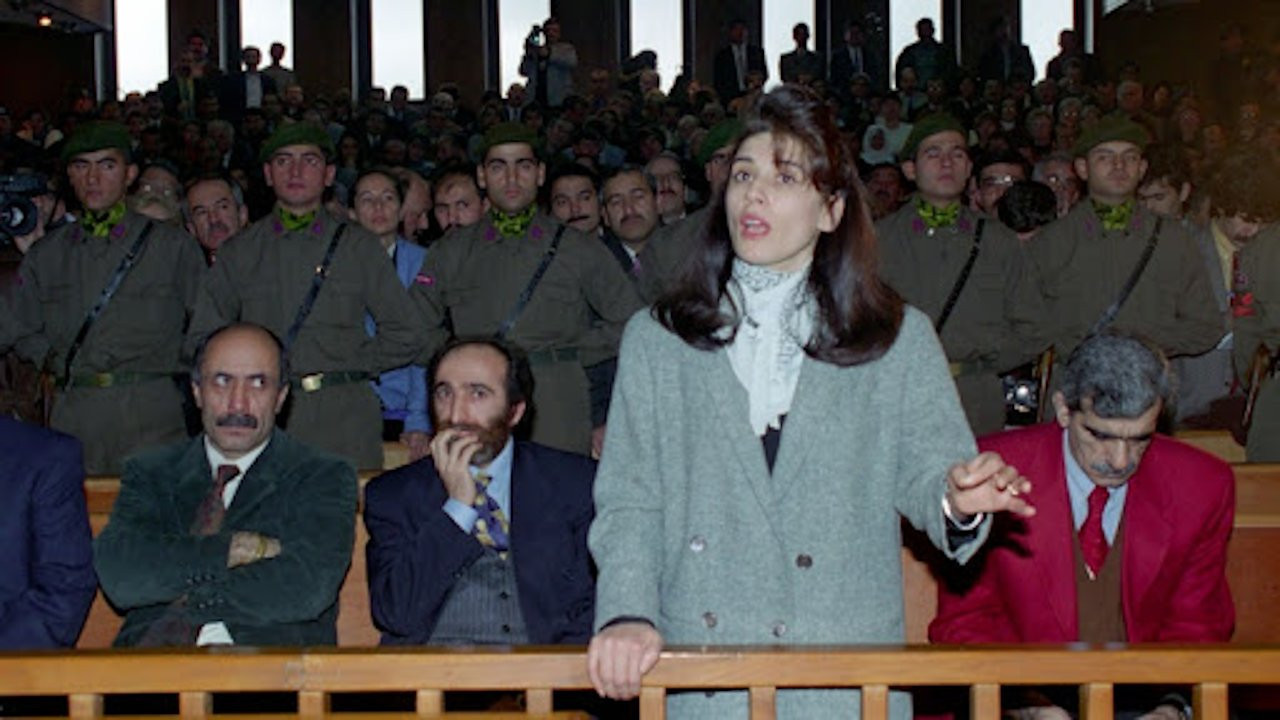
Getting accustomed to being denied representation, the Kurdish politicians founded the People's Democracy Party (HADEP) on May 11, 1994 under Murat Bozlak. The party received nearly 1.5 million votes in 1995, but couldn't enter parliament due to the utterly high 10 percent election threshold that still exists to this day.
HADEP's political life lasted longer than HEP and DEP. In 1999, the party gained 37 municipalities in the country's Kurdish majority southeast.
On March 13, 2003, the Constitutional Court ruled for HADEP's closure for "aiding the PKK and being the center of illegal acts." Some party members were handed political bans for five years and some were arrested over the existence of PKK flags and pictures of PKK leader Abdullah Öcalan at a party congress.
10 years behind bars
Meanwhile, the Democratic People's Party (DEHAP) was founded on Oct. 24, 1997. Its closure was sought for allegedly competing in elections without completing its proper organization in 2002 and the party dissolved itself on Nov. 19, 2005.
All the while, DEP deputies Dicle, Doğan, Sadak and Zana were released from jail on June 9, 2004 after remaining behind bars for 10 years and founded the Democratic Society Movement (DTH). The DEHAP and DTH joined forces on Nov. 9, 2005 and a new pro-Kurdish party called the Democratic Society Party (DTP) was formed.
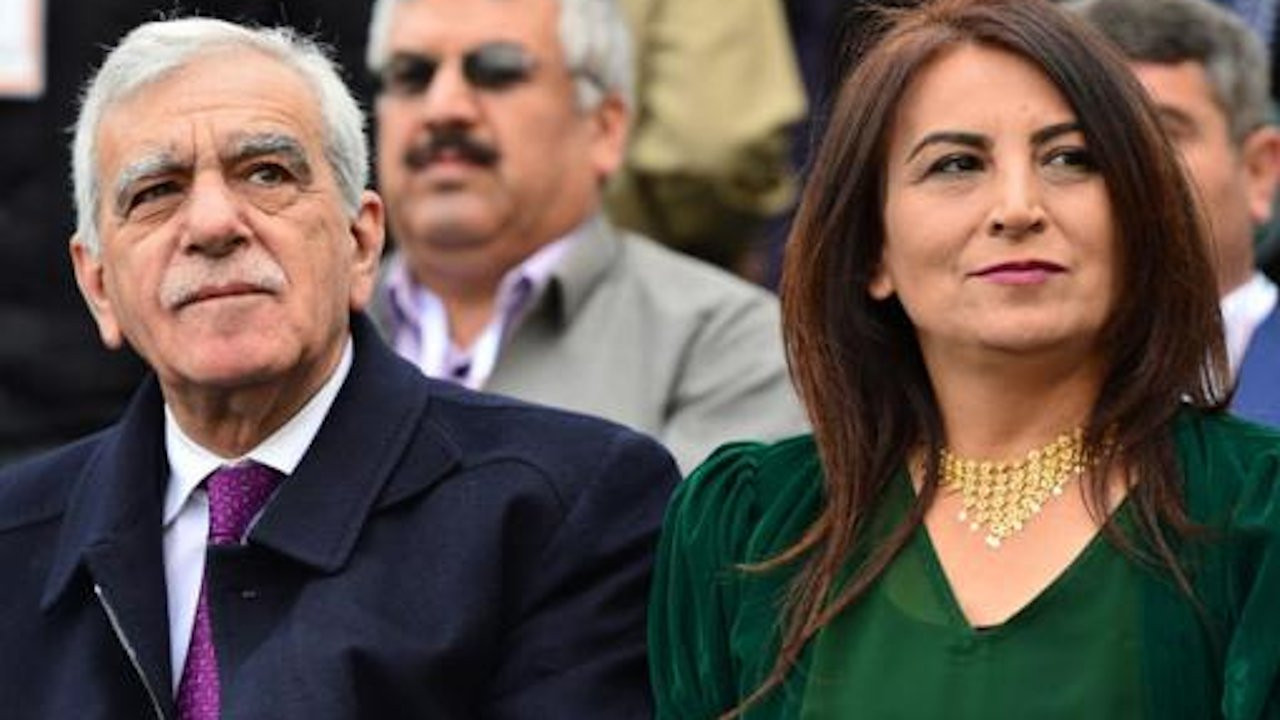
The DTP became the first party to implement the system of co-leadership. Veteran politicians Ahmet Türk and Aysel Tuğluk became the party's co-chairs, but only Türk was officially accepted as the leader of the party.
As a strategic move, the DTP chose to compete in the 2007 elections through independent candidates and prominent politicians such as Demirtaş, Gültan Kışanak and Zana managed to become deputies.
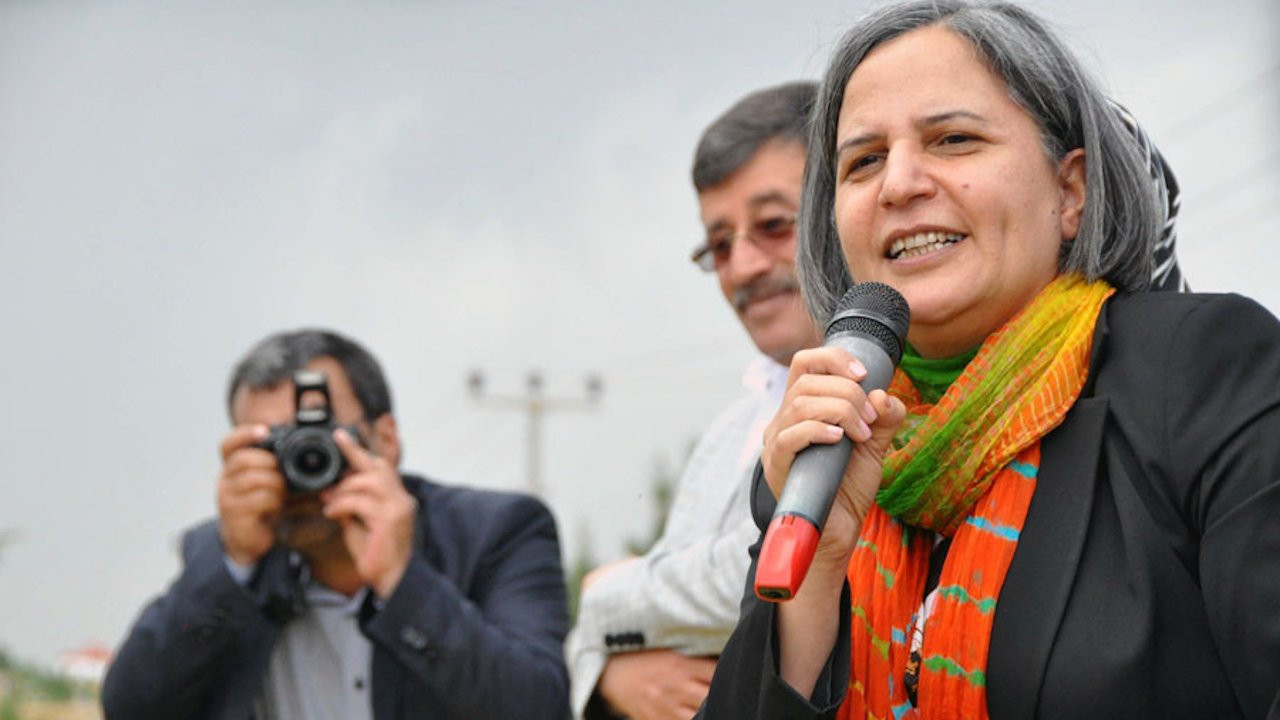
The top court once again came onto the scene in November 2007 and sought the DTP's closure on various accusations, including "separatism, being founded by the PKK and receiving orders from Öcalan." It also sought a political ban on 221 DTP members.
The court ruled for the DTP's closure on Dec. 11, 2009 and imposed a political ban on 37 members. Both Türk and Tuğluk were stripped of their parliamentary status. Constitutional Court President Haşim Kılıç, at the time, defended the ruling by saying, "A political party doesn't have the right to use discourse that includes terror and violence."
Although the DTP's parliamentary group was annulled when the co-chairs were stripped of their deputyships, the party managed to form a group of 20 when independent lawmaker Ufuk Uras joined its ranks.
Peace process between the state, PKK
Perhaps one of the most important among all pro-Kurdish parties, the Peace and Democracy Party (BDP) was founded on May 2, 2008. Emphasizing that the Kurdish issue must be solved through taking steps suggested by Öcalan, the party elected Selahattin Demirtaş as its leader on Feb. 1, 2010. The party managed to enter parliament by showing its members as independent deputies and formed a group.
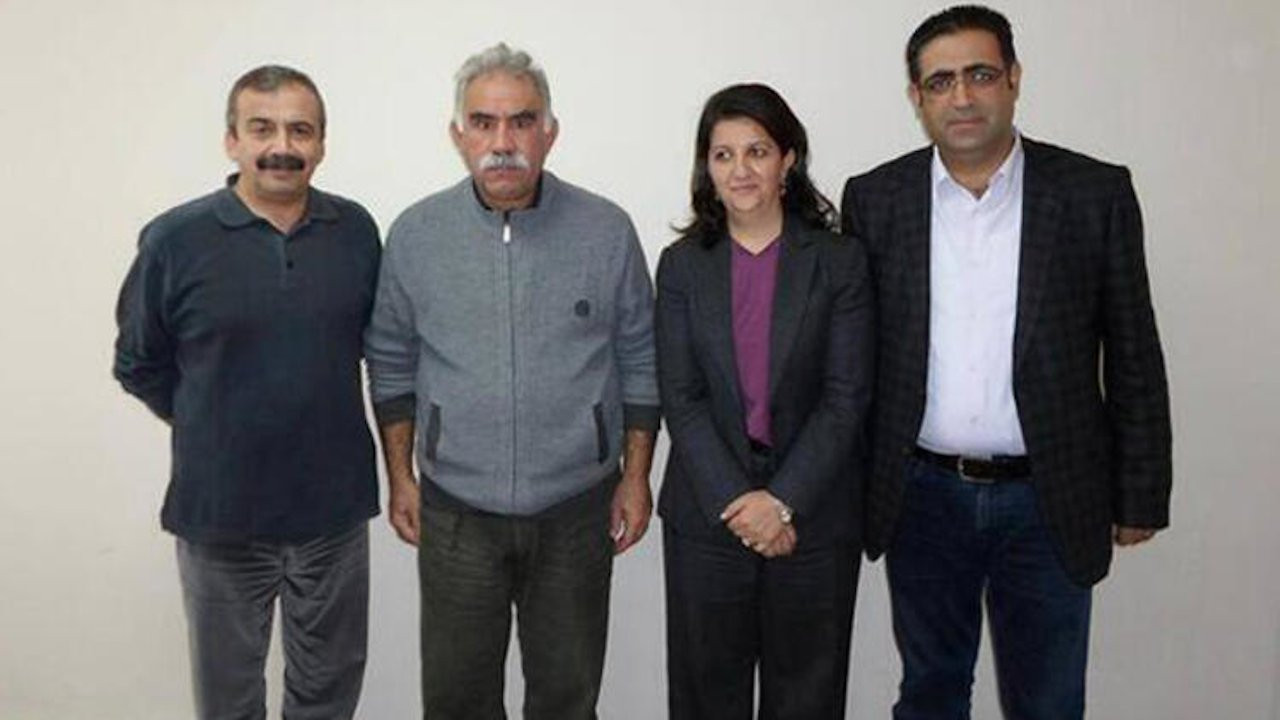
The BDP became the focus of the Turkish political scene when it assumed a highly active role in the peace process between the state and the PKK that began in 2013. Several of its members visited İmralı Prison to meet with Öcalan and Qandil Mountains in northern Iraq where the PKK is based. The peace process eventually ended in 2015.
At around the same time, the HDP was founded under the leadership of veteran politicians Ertuğrul Kürkçü and Sebahat Tuncel on Oct. 27, 2013. It soon united numerous leftist parties under its roof, including the BDP.
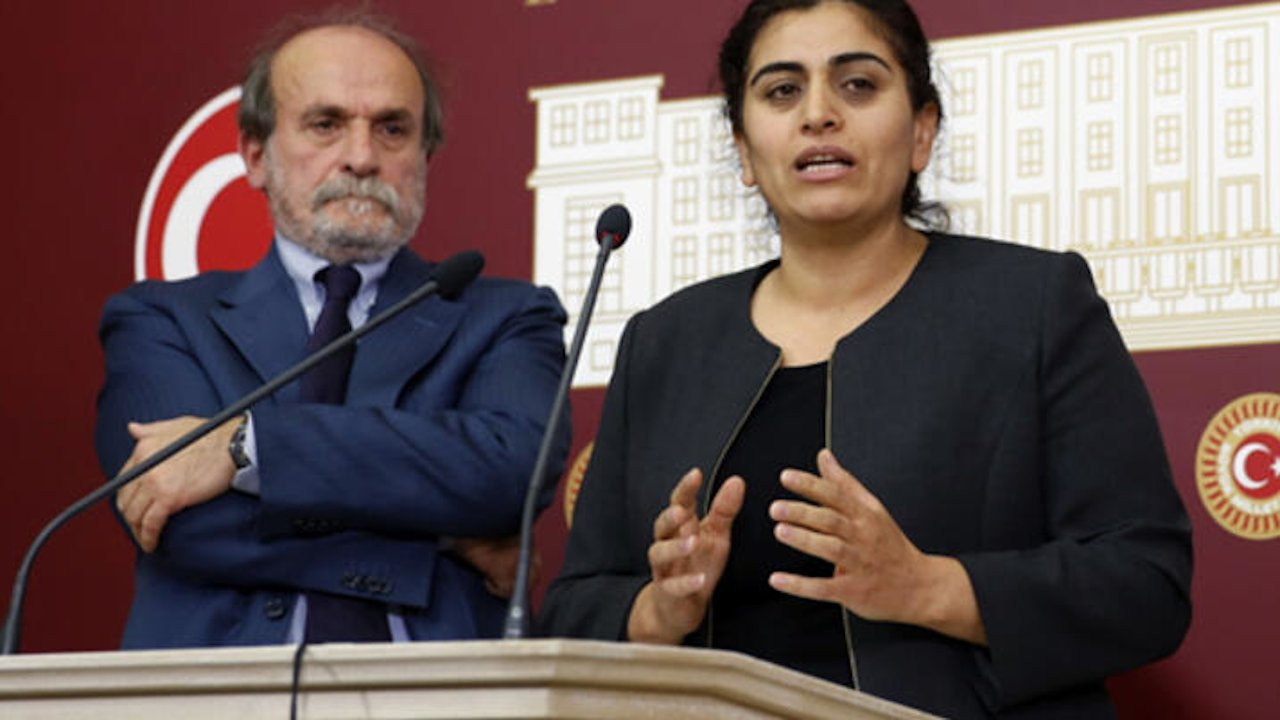
The HDP positioned itself as a Kurdish issue-focused party that aims to solve all problems across Turkey. In this sense, its mission was laid out differently compared to its predecessors.
At around the same time, the BDP didn't dissolve itself and competed in the local elections. It gained a whopping 102 municipalities in the March 30, 2014 local elections.
Following years of oppression by the state and prevention of representation, the Kurdish political movement gained a major victory in 2015. The HDP received some 13 percent of the votes in the June 7, 2015 elections and gained 80 seats in parliament, breaking a record. The days that followed saw attempts to criminalize the HDP through its alleged links to the PKK, but the party managed to get over 10 percent of the votes in the Nov. 1, 2015 elections.
The BDP, meanwhile, changed its name to Democratic Regions Party (DBP) on July 11, 2014 and elected Kamuran Yüksek and Emine Ayna as its co-chairs.
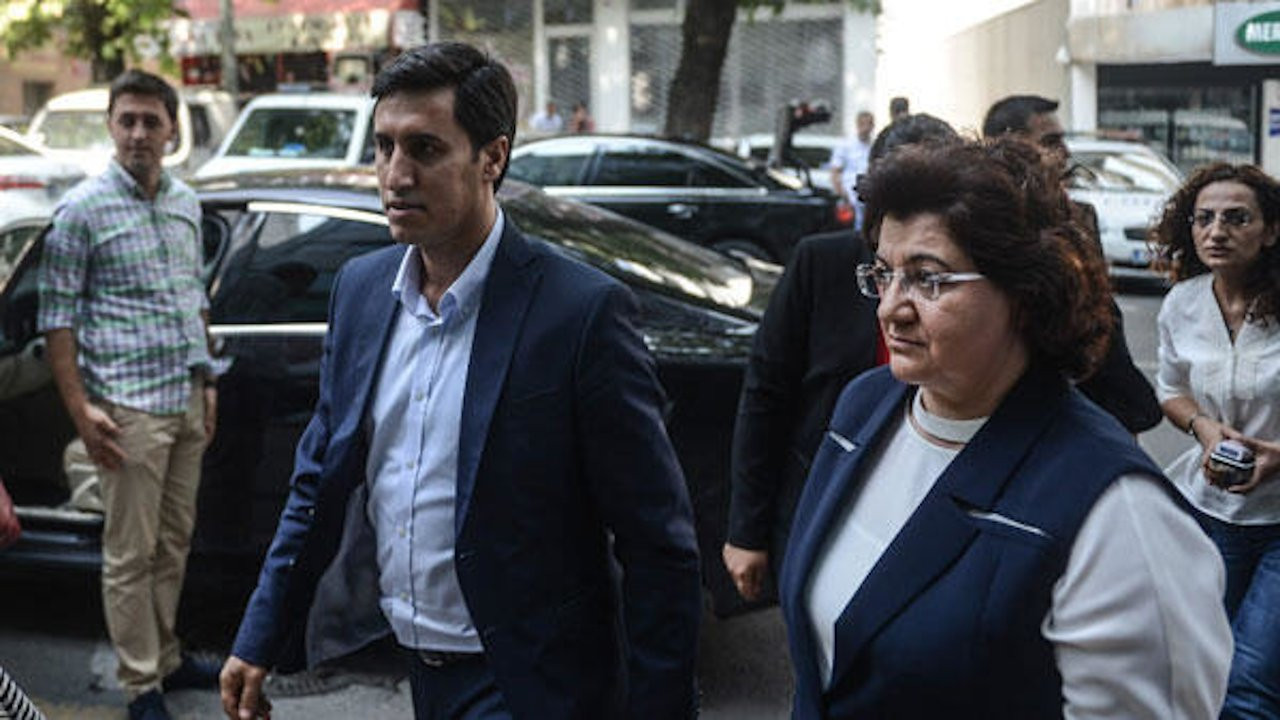
The success of the pro-Kurdish political movement did not go unpunished by Turkish authorities. Since 2015, scores of HDP and DBP members were arrested on bogus charges and the democratically-elected mayors were replaced by the government. Lawmakers were stripped of their parliamentary statuses after their parliamentary immunities were lifted. The rights of the Kurds are increasingly being violated.
The HDP currently has 54 seats in parliament.
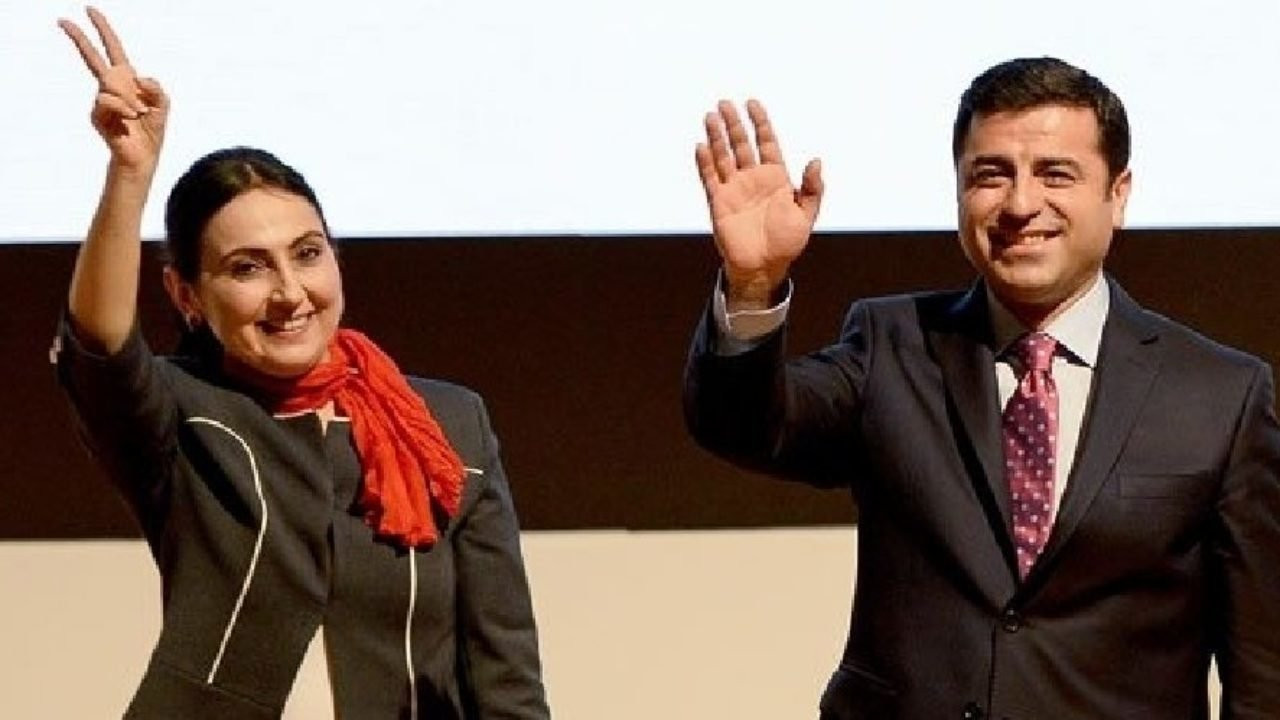
Some 30 years have passed since the HEP entered parliament, but Turkey's approach towards the Kurdish issue remains as antidemocratic as ever. Pro-Kurdish politicians, stuck between the PKK and the legal political scene, have been finding ways to re-enter parliament despite the hardships they face.
All of these parties, without exception, have called for a peaceful solution to the Kurdish issue to prevent the deaths of both the PKK militants and the soldiers. The response they received, again without exception, was the same: Investigations, detentions and arrests. Some politicians were even killed in the 1990s.
Turkey's political history shows that the parties representing the Kurdish political movement continue their activities under different names. Even if the HDP gets shut down, one can be sure that another political party advocating the rights of the Kurdish people and seeking a solution to the Kurdish issue will emerge stronger in no time with the motto, "Berxwedan jiyan e!"

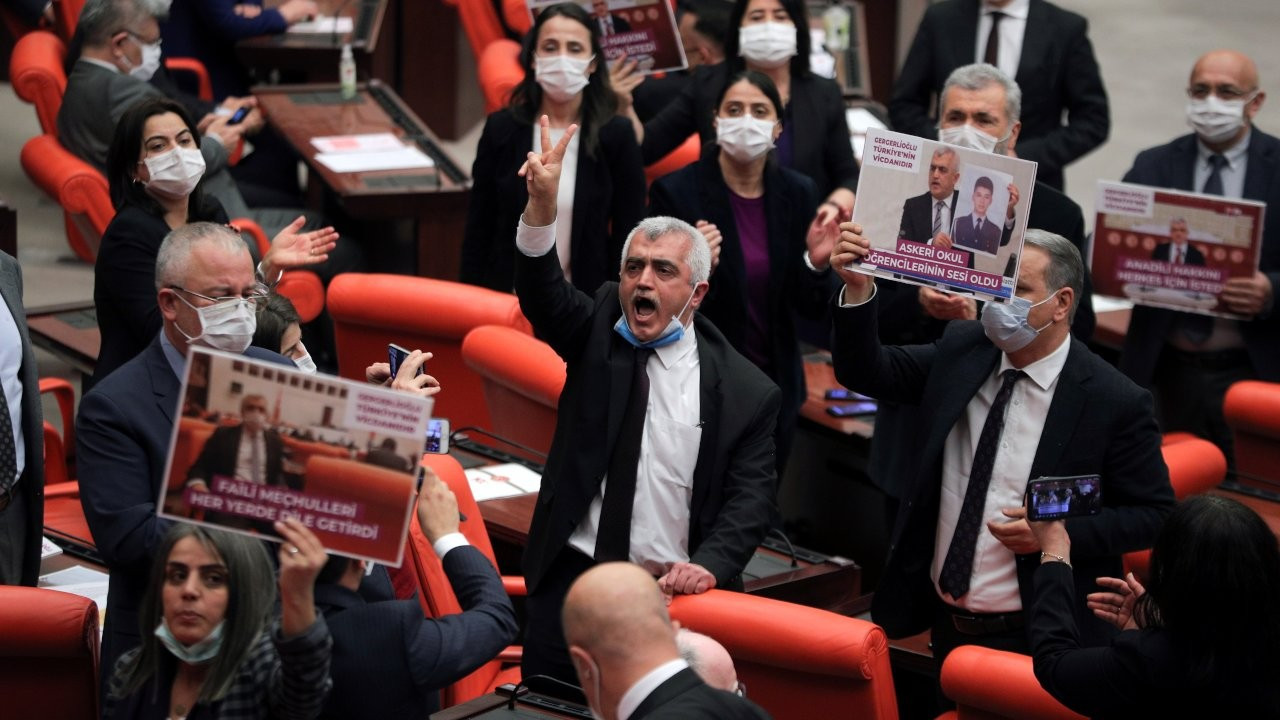 Turkish parliament strips HDP deputy Gergerlioğlu of MP statusPolitics
Turkish parliament strips HDP deputy Gergerlioğlu of MP statusPolitics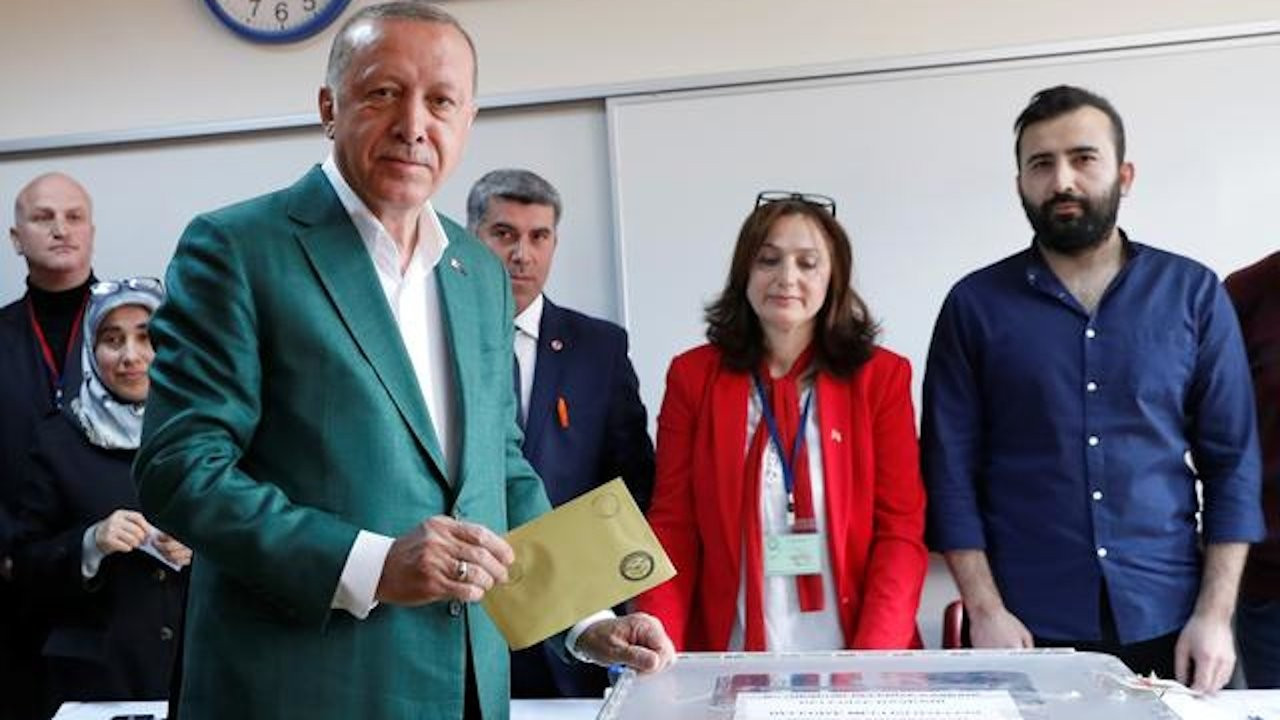 Turkey's AKP aims to lower election threshold to save MHP, weaken HDPPolitics
Turkey's AKP aims to lower election threshold to save MHP, weaken HDPPolitics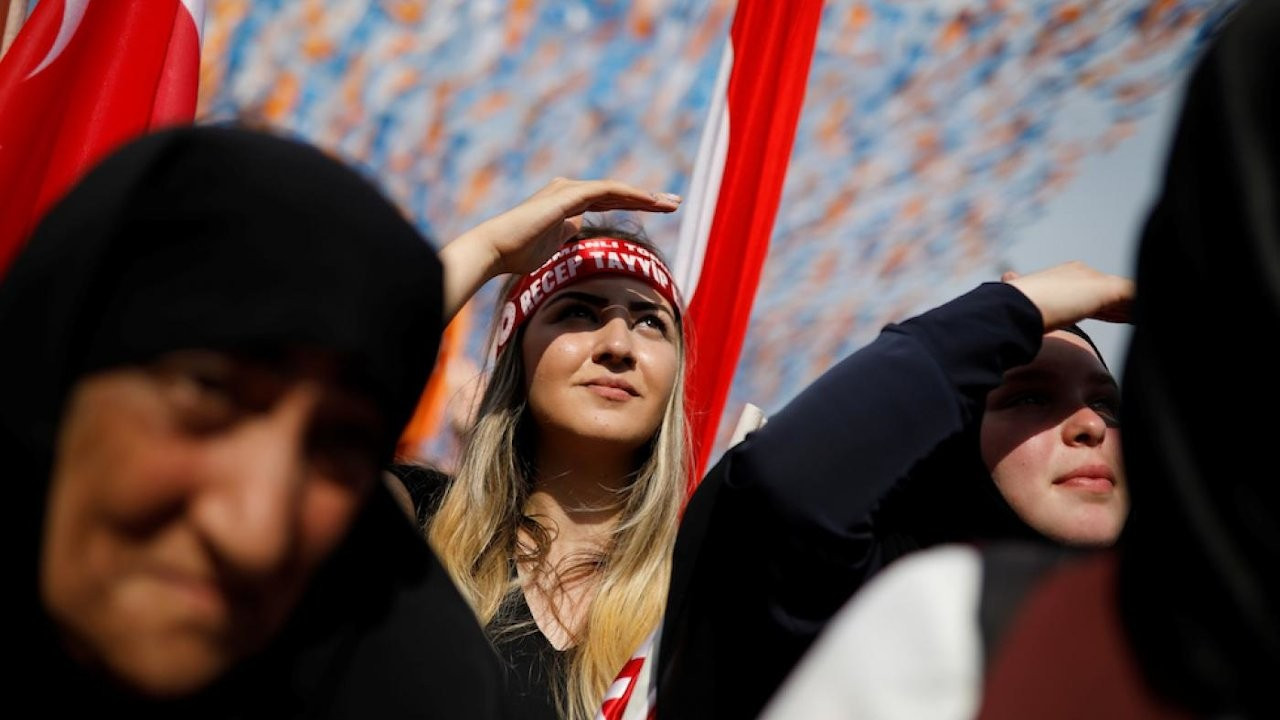 Majority of CHP, HDP voters say they would never vote for AKP: PollPolitics
Majority of CHP, HDP voters say they would never vote for AKP: PollPolitics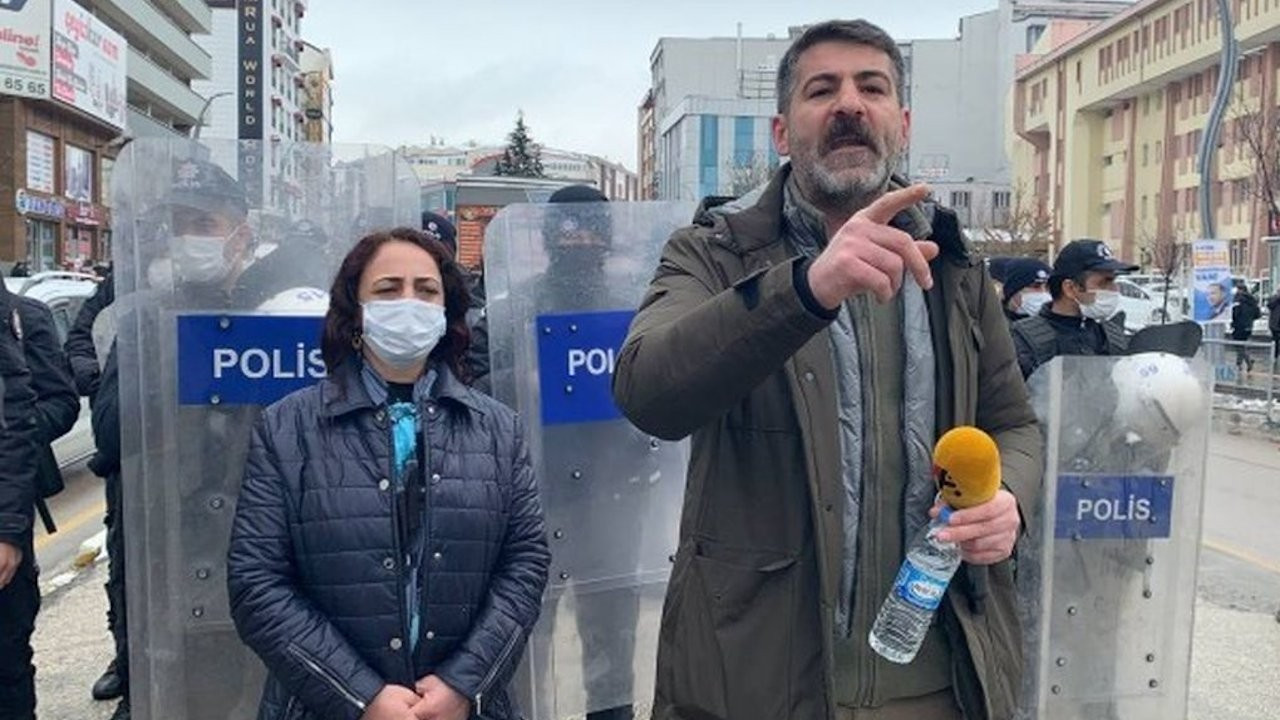 Turkey's crackdown on HDP: Police prevent HDP MP from giving interviewPolitics
Turkey's crackdown on HDP: Police prevent HDP MP from giving interviewPolitics